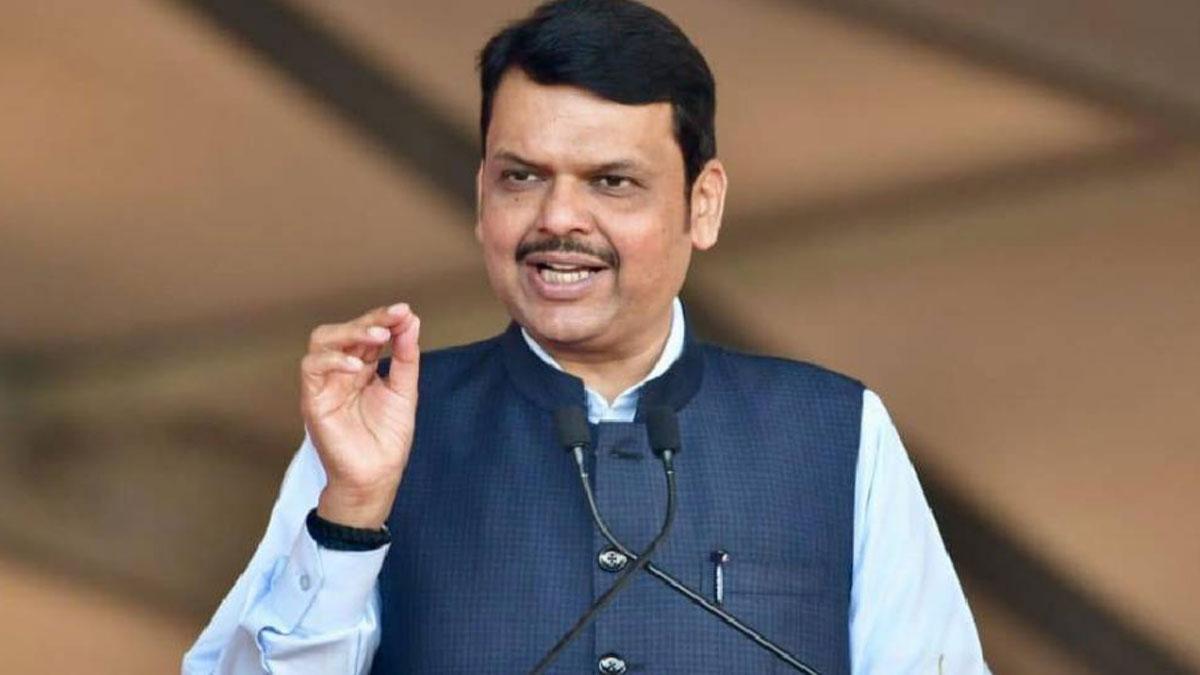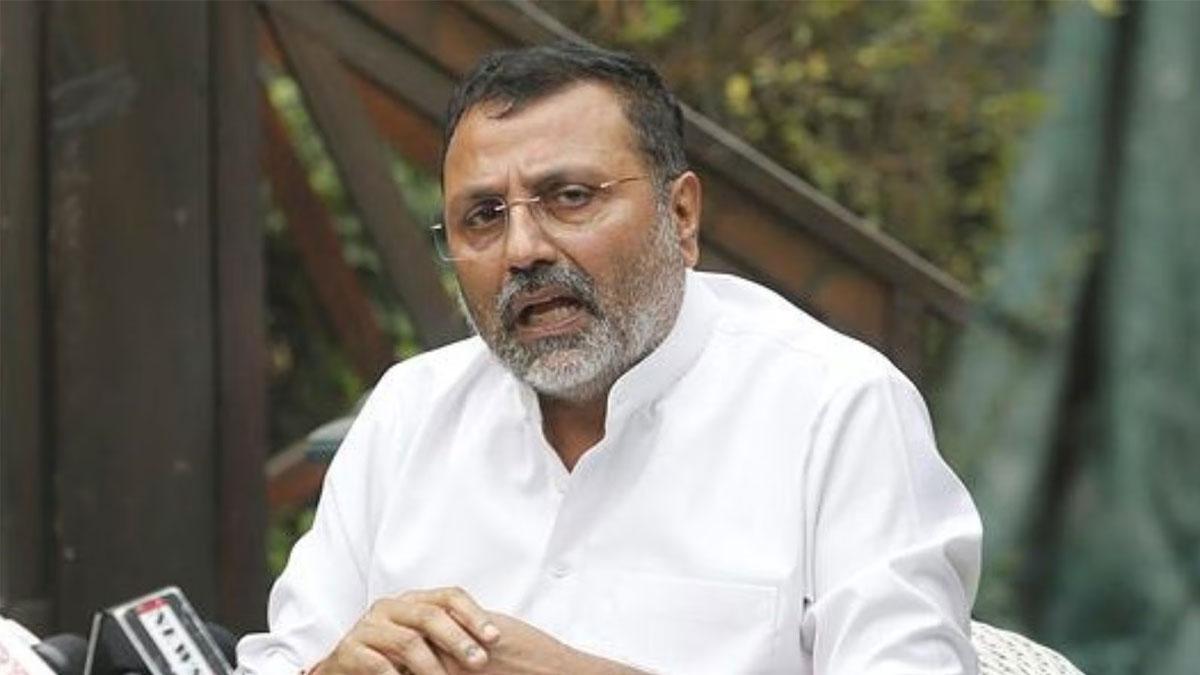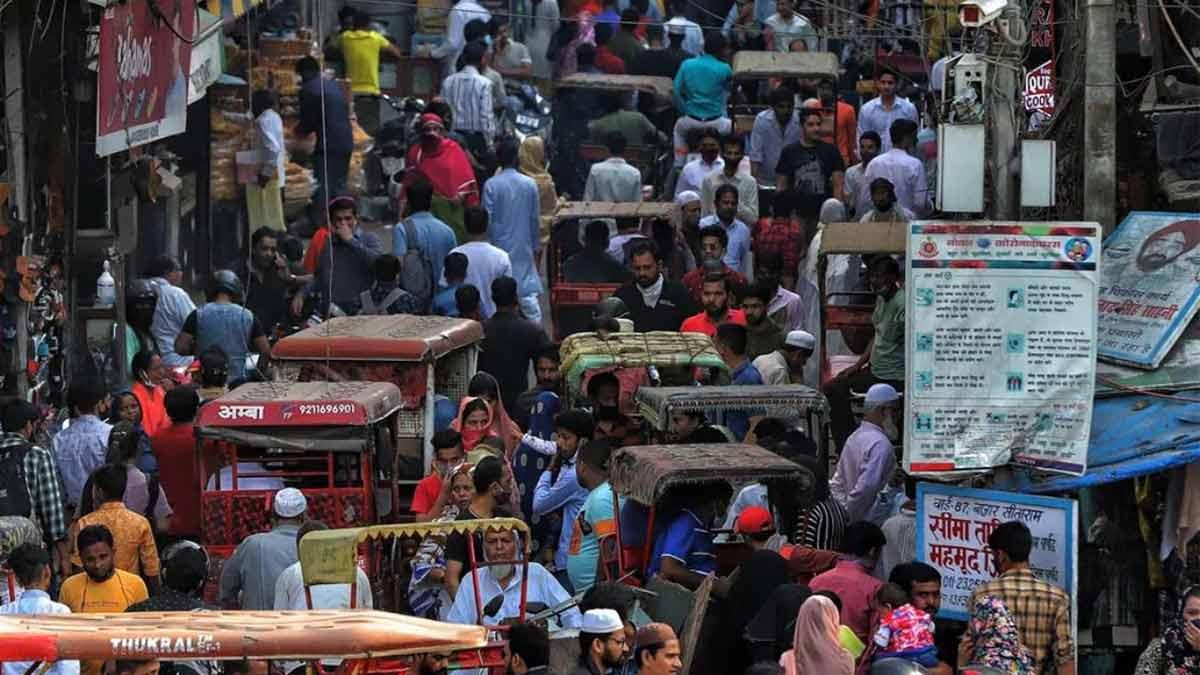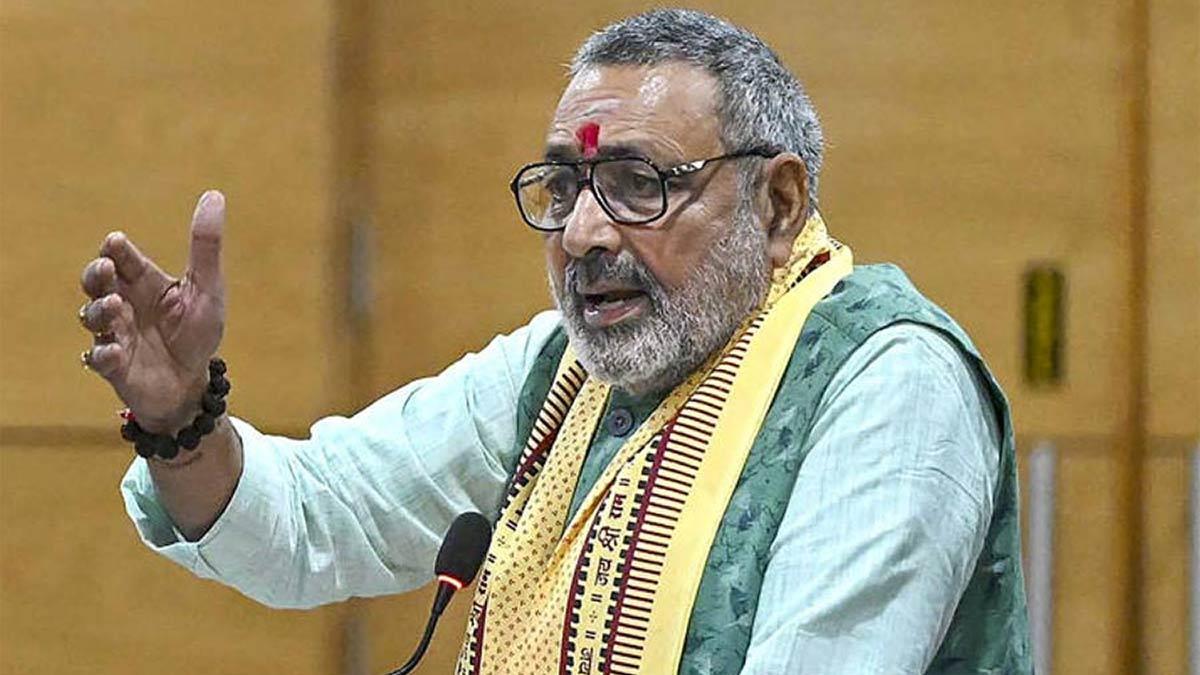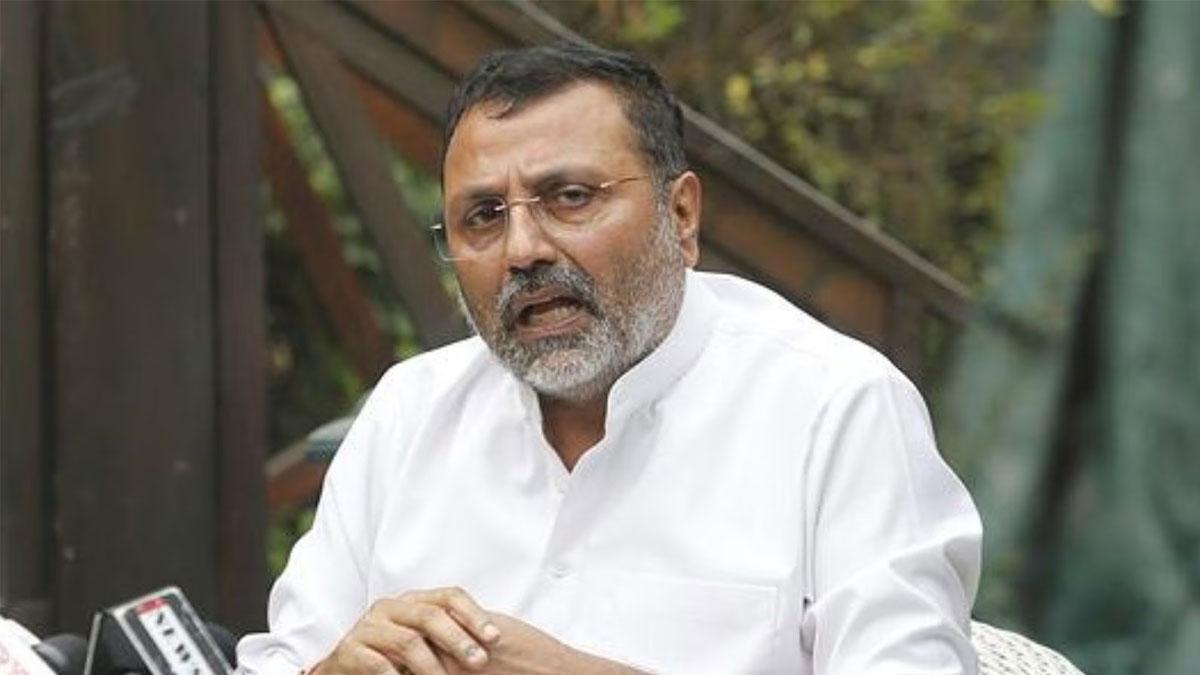In a major revelation, Maharashtra Chief Minister Devendra Fadnavis has made public the strained negotiations and eventual separation between Shiv Sena and BJP in 2014.
Addressing the felicitation ceremony of Sikkim Governor Om Prakash Mathur, Fadnavis, for the first time, gave an insider's account of the talks that ultimately resulted in the breakdown of the decade-old alliance.
Fadnavis disclosed, "We were agreed to give Shiv Sena 147 seats, and it was decided that the Chief Minister would belong to our side, whereas the Deputy Chief Minister would belong to Shiv Sena."
Though there was an early understanding between the two, the negotiation process collapsed due to seat sharing differences. As per Fadnavis, Shiv Sena's stubborn attitude towards seat numbers finally caused the breakdown.
"But Uddhav Thackeray was firm on 151 seats, and that is when the alliance broke down," he said.
According to BJP's plan, Shiv Sena was allotted 147 seats and BJP was to contest 127. However, Uddhav Thackeray refused to give way to his requirement of 151 seats, thus bringing about the stalemate.
Fadnavis explained, "We were negotiating with Shiv Sena leadership, and we were even willing to offer them more elbow room. But Uddhav had decided on the figure 151." He added the central role of Om Prakash Mathur in the negotiations, who brought the updates to BJP leader Amit Shah. The matter was later brought to Prime Minister Narendra Modi.
"HM Amit Shah talked to the Prime Minister, and it was agreed that if the seat share formula was 127 for BJP and 147 for Shiv Sena, then and only then would the alliance remain. Otherwise, there will be no alliance," Fadnavis stated.
Recalling the decisive turning point, he said, "I believed in Amit Shah and Om Prakash Mathur. We were hopeful that we would win, but the rest of the party was not so sure."
Finally, with Mathur and Shah's support, Fadnavis made one last offer to Shiv Sena: an alliance on the 147-127 seat-sharing ratio.
"We said to them, if you are willing to contest 147 seats, we will support you, and we will contest 127 seats. Both sides would have great results, and both would win more than 200 seats," he remembered.
But Uddhav Thackeray remained adamant on 151 seats, resulting in the total collapse of negotiations. As per Fadnavis, this adamant attitude was the cause of the split. Looking back on the result, he said, "But it seems the law of destiny had other plans – I was meant to become the Chief Minister."
He also emphasized BJP's competitive electoral approach after the breakup of the alliance. The party under Narendra Modi's leadership took a bold step to fight a record number of seats.
"We had contested elections on more than 260 seats, which was unparalleled. Previously, we had never fought more than 117 seats," he observed.
It was this step, Fadnavis asserted, that helped BJP make gains in Maharashtra.
"Ever since, the BJP has continued to be the single largest party in Maharashtra and the only one in the past 30 years to have crossed the 100-seat mark. The credit goes to Prime Minister Modi, Amit Shah, and Om Prakash Mathur," he concluded.
This disclosure presents new information on the political gamesmanship that resulted in the BJP-Shiv Sena breakup and the remaking of Maharashtra's political scene.
Read also| FIR Filed Against Comedian Kunal Kamra Over 'Defamatory' Remarks on Dy CM Shinde
Read also| Hindu a nationalist expression than just a religion, says RSS

